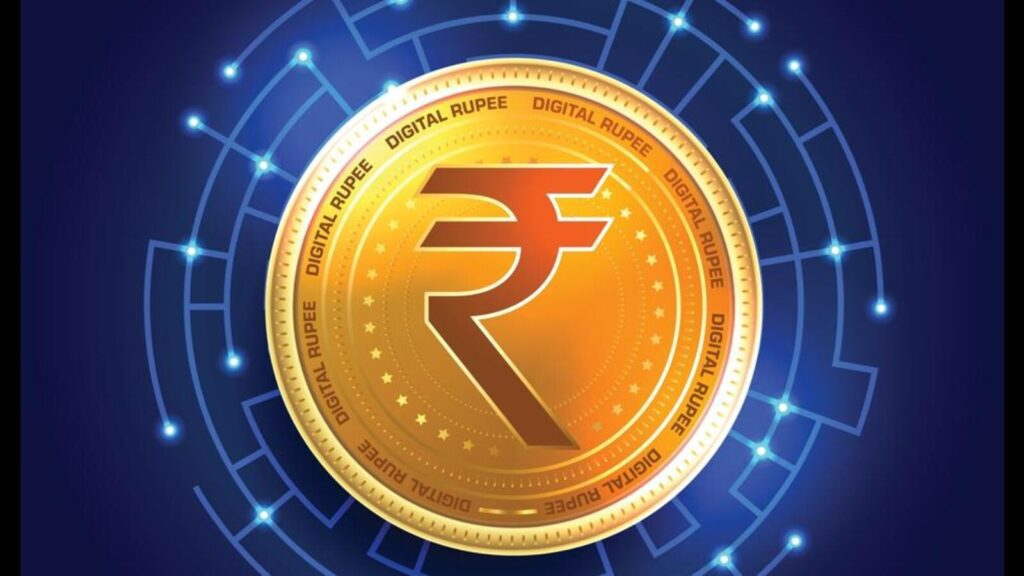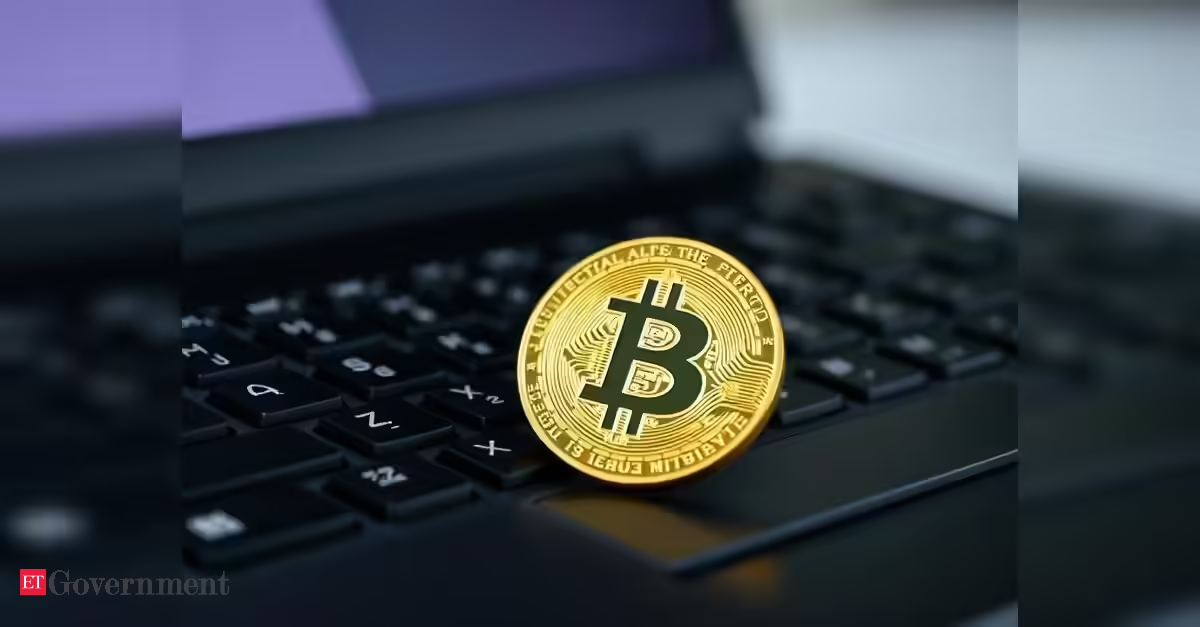Now Reading: Why More Rich Indians Are Choosing Bitcoin Over Gold
-
01
Why More Rich Indians Are Choosing Bitcoin Over Gold
Why More Rich Indians Are Choosing Bitcoin Over Gold

For generations, Indian families have turned to gold as the ultimate symbol of wealth and security. But that trend is shifting. A growing number of affluent Indians are now looking at Bitcoin—not gold—as the asset of choice for long-term investment. This shift is raising eyebrows across financial circles, especially as crypto continues to gain ground even amid regulatory uncertainties.
Changing Priorities Among the Wealthy
India’s upper-middle class and high-net-worth individuals are increasingly open to new asset classes. While gold remains culturally significant, its slow returns and lack of flexibility have made many question whether it still fits modern investment goals. Bitcoin, on the other hand, offers higher potential returns, global accessibility, and growing mainstream acceptance.
This doesn’t mean traditional investments are being abandoned. But many portfolios are now being rebalanced—with a small but growing share being allocated to digital currencies.
Why Bitcoin Is Appealing Now
There are a few reasons behind this shift. First, Bitcoin’s performance over the last decade has outpaced most traditional assets, including gold. Second, younger investors, including tech entrepreneurs and startup founders, are more inclined to explore and trust digital assets. And third, platforms now offer easier access to buying and storing crypto, even for those outside major metros.
This change is especially visible in Tier 2 cities, where rising disposable incomes are pushing families to diversify beyond real estate and fixed deposits.
Risks That Can’t Be Ignored
Despite the buzz, Bitcoin isn’t without risk. Its value swings dramatically in short periods. There’s also regulatory uncertainty in India, with no clear long-term policy yet on crypto. While taxation rules are slowly coming into place, many still worry about what might happen if strict controls are introduced later.
Wealth advisors generally recommend keeping crypto exposure below 5–10% of total assets, especially for conservative investors. Unlike gold, which has a long and predictable history, Bitcoin is still evolving.
What It Means for the Future
This trend doesn’t signal the end of gold in Indian households—but it does show that financial behavior is evolving. As digital literacy grows and global markets become more connected, traditional notions of “safe investments” are being redefined.
For many young and wealthy Indians, the future of wealth isn’t locked in a locker. It’s stored in a password-protected wallet.
Conclusion:
The choice between gold and Bitcoin isn’t black and white. It reflects a broader shift in how Indians—especially in emerging cities—view wealth, risk, and opportunity. While gold will always have its place in culture and tradition, Bitcoin is slowly carving out its space in the modern Indian portfolio.

























